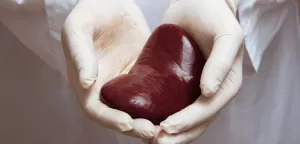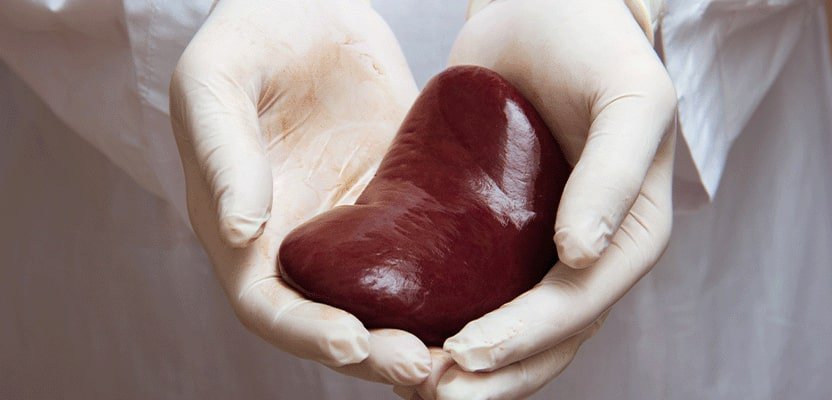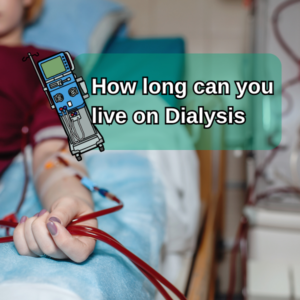+90 533 813 89 77
info@bookingforhealth.com

How is the Recovery Time of Kidney Transplantation ?

In Which Situations is Kidney Transplantation Performed?
Kidney transplantation is typically performed when a person’s kidneys are no longer functioning properly and are unable to sustain the body’s needs. This can be due to a variety of conditions, including chronic kidney disease, kidney failure, or kidney damage from injury or infection.
In some cases, kidney transplantation may also be recommended as a preventive measure for people who are at high risk of developing kidney disease. The decision to undergo kidney transplantation is made on a case-by-case basis and is based on several factors, including the severity of the kidney problem, the patient’s overall health, and the availability of suitable donor kidneys.
Which Patient Candidates are Risky for Kidney Transplantation?
Several factors can increase the risk of complications or failure after a kidney transplant.
- Age: Older patients have a higher risk of complications after transplantation due to the effects of aging on the body’s ability to heal and fight infection.
- Medical History: Patients with certain medical conditions such as diabetes, high blood pressure, or heart disease may be at higher risk for complications after transplantation.
- Previous Transplant: Patients who have had a previous transplant appear to be at higher risk for complications or rejection of the new kidney.
- Infection: Active infections or a history of recurrent infections may increase the risk of post-transplant complications.
- Lifestyle Factors: Patients who smoke, use drugs, or have poor nutritional status are at higher risk of post-transplant complications.
It is important to discuss all potential risk factors in detail with a healthcare professional before deciding on transplantation.
How is the Recovery Process of Kidney Transplantation?
The recovery process following kidney transplantation can vary depending on the patient’s circumstances and the complexity of the surgery. In general, patients can expect to stay in the hospital for a few days to a week after the transplant procedure. During this time, they will be monitored closely for any complications or signs of rejection.
After being discharged from the hospital, patients will need to return for regular follow-up visits with their transplant team. These visits will typically include blood tests to check kidney function and monitor for rejection, as well as physical exams to assess overall health.
Kidney transplant recipients need to take their medications as prescribed and follow a healthy lifestyle to help prevent rejection and ensure the best possible outcome. This may include eating a healthy diet, exercising regularly, and avoiding activities that could damage the transplanted kidney, such as smoking or using drugs.
Most kidney transplant recipients can return to their normal activities within a few weeks to a few months after the transplant procedure. However, it is important to follow the recommendations of the transplant team and take good care of the transplanted kidney to ensure long-term success.

What are the Advantages of Kidney Transplantation?
Kidney transplantation can offer many advantages for people with kidney failure or other serious kidney problems.
- Improved Quality of Life: For many people, a kidney transplant can significantly improve their quality of life. This is because the transplanted kidney can perform the functions of the kidneys more effectively than dialysis, which is a treatment that is used to remove waste from the blood in people with kidney failure. Dialysis can be time-consuming and can cause several side effects, such as fatigue and muscle cramps.
- Increased Lifespan: Studies have shown that kidney transplantation can significantly improve survival rates for people with kidney failure. This is because the transplanted kidney can perform the functions of the kidneys more effectively than dialysis, which can help to prevent complications and improve overall health.
- Cost-Effectiveness: In the long term, kidney transplantation can be more cost-effective than dialysis, as it can reduce the need for ongoing medical care and treatment.
Kidney transplantation can allow people to be more independent and return to their normal activities more quickly than they would with dialysis. This is because transplantation allows people to be more mobile and to have more flexibility in their schedules, as they do not need to undergo dialysis treatment as often. However, it is important to remember that kidney transplantation is not suitable for everyone and there are risks and potential complications associated with the procedure. Discussing the potential benefits and risks with a healthcare professional before deciding on transplantation is essential for the course of treatment.



